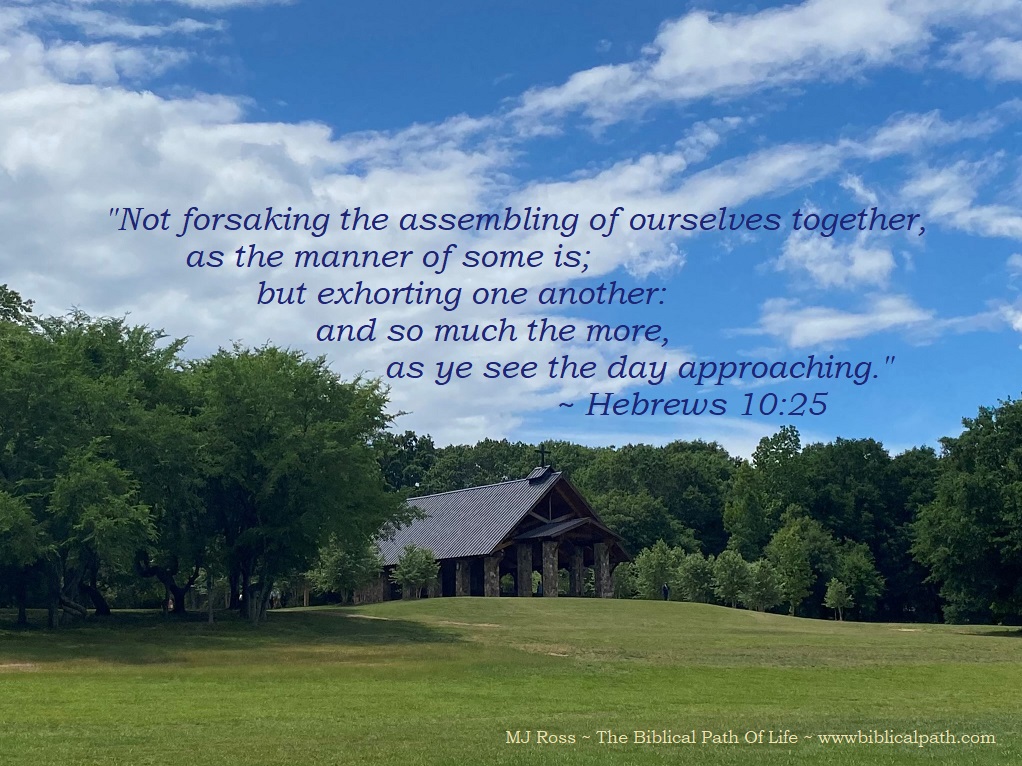
“He is not here: for he is risen, as he said …”
Matthew 28:6
Jesus taught his disciples many things as He walked this earth. However, the most important thing He wanted them to grasp, they did not understand. “31. For he taught his disciples, and said unto them, The Son of man is delivered into the hands of men, and they shall kill him; and after that he is killed, he shall rise the third day.32. But they understood not that saying, and were afraid to ask him” (Mark 9:31-32). He repeatedly warned them of what was coming, yet they did not comprehend what He said. When the time came for Jesus to be betrayed into the hands of sinful men, the disciples were afraid and fled. “But all this was done, that the scriptures of the prophets might be fulfilled.Then all the disciples forsook him, and fled” (Matthew 26:56).
On the third day after Jesus was crucified and placed into the tomb, the women went to anoint the body of Jesus. When they arrived, the stone had been removed from the tomb, and it was empty. “4. And it came to pass, as they were much perplexed thereabout, behold, two men stood by them in shining garments: 5. And as they were afraid, and bowed down their faces to the earth, they said unto them, Why seek ye the living among the dead?” (Luke 24:5). They had not understood the saying of Jesus either. They did not understand that Jesus was alive. The two men explained: “6. He is not here, but is risen: remember how he spake unto you when he was yet in Galilee, 7. Saying, The Son of man must be delivered into the hands of sinful men, and be crucified, and the third day rise again. 8. And they remembered his words” (Luke 24:6-8).
That same day, two were walking discussing all of the things that had happened, when Jesus began to walk with them – but they did not know it was Him (see Luke 24:13-16). As they explained the events according to their understanding, Jesus began to teach them. “26. Ought not Christ to have suffered these things, and to enter into his glory?27. And beginning at Moses and all the prophets, he expounded unto them in all the scriptures the things concerning himself” (Luke 24:26-27). Jesus had done what He came to do. He paid the penalty of sin for mankind (see Romans 6:23).
So the Gospel Message is simple. Paul summed it up for us as it was given to him.“3. For I delivered unto you first of all that which I also received, how that Christ died for our sins according to the scriptures; 4. And that he was buried, and that he rose again the third day according to the scriptures” (1 Corinthians 15:3-4). The most important aspect of Christianity is that we serve a living Saviour, and He is in the world today! Just as He physically walked with His disciples while He lived on this earth, Jesus still walks with any Christian who will read His Word and walk with Him. The words of the following song explain this amazingly well:
He Lives
by Alfred H. Ackley
Verse 1:
“I serve a risen Saviour, He’s in the world today;
I know that He is living, whatever men may say;
I see His hand of mercy, I hear His voice of cheer,
And just the time I need Him He’s always near.
Refrain:
He lives, He lives, Christ Jesus lives today!
He walks with me and talks with me along life’s narrow way,
He lives, He lives, salvation to impart!
You ask me how I know He lives? He lives within my heart.
Verse 2:
In all the world around me I see His loving care,
And tho’ my heart grows weary I never will despair.
I know that He is leading, thro’ all the stormy blast,
The day of His appearing will come at last.
Refrain:
He lives, He lives, Christ Jesus lives today!
He walks with me and talks with me along life’s narrow way,
He lives, He lives, salvation to impart!
You ask me how I know He lives? He lives within my heart.
Verse 3:
Rejoice, rejoice, O Christian, lift up your voice and sing
Eternal hallelujahs to Jesus Christ the King!
The Hope of all who seek Him, the Help of all who find,
None other is so loving, so good and kind.
Refrain:
He lives, He lives, Christ Jesus lives today!
He walks with me and talks with me along life’s narrow way,
He lives, He lives, salvation to impart!
You ask me how I know He lives? He lives within my heart.”
Christians serve a living Saviour. Remember what the angel told the women as they looked in the empty tomb for the dead body of Jesus Christ: “He is not here: for he is risen, as he said …” (Matthew 28:6).
Do you serve a living Saviour, who walks with you and talks with you along life’s narrow way?
Does Jesus live within your heart?





